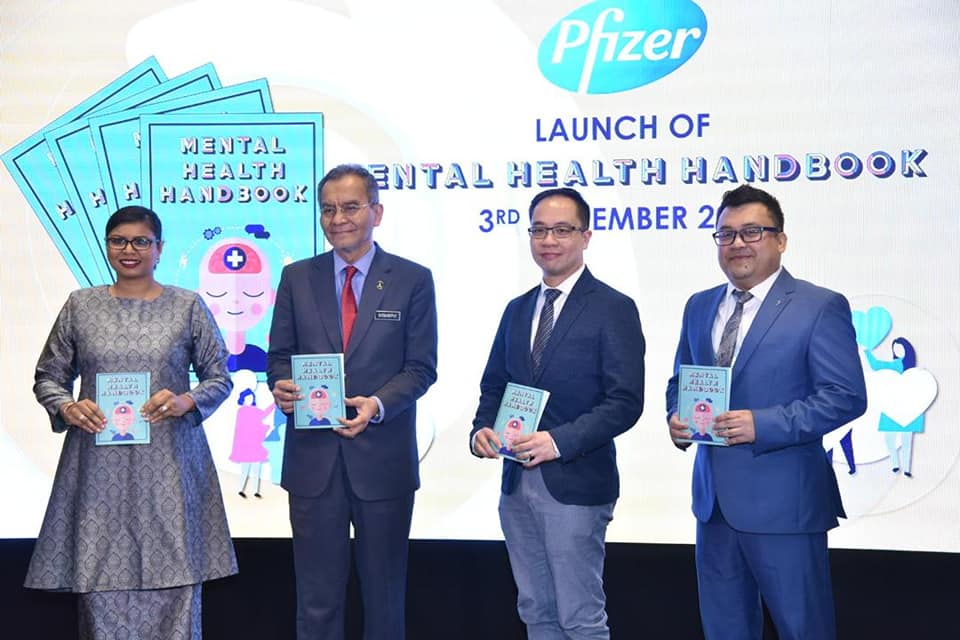PETALING JAYA, Dec 3 — Mental health literacy is crucial in helping to identify early warning signs and symptoms of mental disorders and their treatment, Dzulkefly Ahmad said today.
Speaking at the launch of the Mental Health Handbook here, the health minister said not addressing mental health conditions among adolescents will see their illnesses extend well into adulthood, impairing both physical and mental health.
This then limits their opportunities to lead fulfilling lives as adults, he said, adding that mental health problems affect one in three Malaysians, as stated in the National Health and Morbidity Survey 2015.
Noting as well that depression and suicide are leading causes of illnesses and deaths among 15- to 19-year-olds, respectively, Dzulkefly said growing up in today’s world is challenging.
“Young people need to find their feet when making the journey from childhood into adulthood. Normal levels of stress can turn into mental distress.
“Academic pressures at school, difficult relationships, social pressures, cyber-bullying, family issues and financial problems may spiral into anxiety and depression if left unchecked.”
Education, as such, is the most important step to understanding mental health problems, he said.
“Greater collaboration between government and the private sector is, therefore, needed to help increase knowledge and understanding on mental health,” he added.
He said the ministry recognises the efforts of all its strategic, community partners in promoting mental well-being.
“Such whole-of-society approach is necessary to shift mindsets and build emotional and mental resilience to prevent mental health conditions in Malaysia,” he said.
Dzulkefly lauded the handbook, said to be the first of its kind in Malaysia, as it provides what he said was an invaluable and credible resource guide to help Malaysians deal with their mental health issues.
A digital copy of the handbook, aimed at helping Malaysians deal with mental health issues such as depression, anxiety and schizophrenia by providing a directory of mental health services and other resources, will now be distributed to universities, patients and communities.
The handbook, the product of a joint private-public partnership between the Malaysian Psychiatric Association, the Malaysian Mental Health Association, and Pfizer Malaysia, also details how one can reach out to someone with mental health issues, and how to manage one’s own mental well-being.
One in four people in the world will be affected by mental or neurological disorders at some point in their lives. Around 450 million people currently suffer from such conditions, placing mental disorders among the leading causes of ill health and disability worldwide.
Treatments are available, but nearly two-thirds of people with a known mental disorder never seek help from a health professional, said Dzulkefly, citing the World Health Organization which attributed stigma, discrimination and neglect to be factors for this.
Later in his speech, Dzulkefly said that mental health strengthens and supports a person’s ability to have healthy relationships, make good life choices, maintain physical health and well-being, as well as discover and grow towards their full potential.
Mental well-being is vital at all stages of life to enable individuals to lead meaningful lives and more importantly, deal with challenges and stresses that arise, he added.
“Let us start by prioritising Malaysians’ mental health, taking better self-care, showing support to those around us and speaking out against stigma.
“A call for action and intervention are needed to tackle mental health issues and save our young and younger generation. Remember, we can save a life if we just pay attention to the people around us,” Dzulkefly said.
He added that the Ministry of Health will continue its efforts to become more effective in providing support for policies and improve the provision of services and treatment for those who need them.








